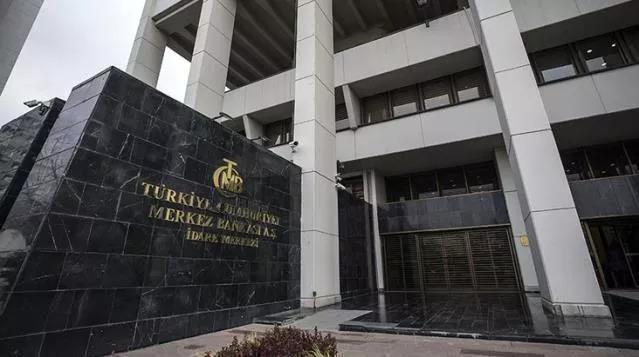
In a widely expected move, the Turkish Central Bank yesterday decided to keep its policy rate, the one-week repo rate, unchanged at 14 percent.
For the last time, the bank cut the key rate by 100 basis points from 15 percent in December last year.
In a statement released after the Monetary Policy Committee (MPC) meeting on June 23, the bank said it expects the disinflation process to start on the back of strengthened measures for sustainable price and financial stability along with the decline in inflation owing to the base effect and the resolution of the ongoing regional conflict.
“Accordingly, the Committee has decided to keep the policy rate unchanged. To create an institutional basis for sustainable price stability, the comprehensive review of the policy framework continues with the aim of encouraging permanent and strengthened liraization in all policy tools of the bank,” the statement read.
The increase in inflation is driven by rising energy costs resulting from geopolitical developments, temporary effects of pricing formations that are not supported by economic fundamentals, and strong negative supply shocks caused by the rise in global energy, food and agricultural commodity prices, according to the bank.
“Global growth forecasts for the upcoming period are being revised downwards. Increasing concern over global food security driven by trade restrictions, high course of commodity prices, the persistence of supply constraints in some sectors, particularly in food and energy, and high transportation costs have led to producer and consumer price increases internationally,” it said.
“The effects of high global inflation on inflation expectations and international financial markets are closely monitored.”
Meanwhile, Treasury and Finance Minister Nureddin Nebati said that exchange rate pressures on inflation will decrease with the decreasing external financing need.
“All over the world, we see that both consumers and producers experience economic difficulties due to high inflation,” Nebati said while presenting the government’s additional budget to a parliamentary committee yesterday.
“The supply problems that have increased with the epidemic in the world continue due to the war. Sanctions against Russia cause especially high energy and food prices.”
The government’s new economic model “aims to balance the current account, reduce the need for external financing, eliminate dependence on foreign savings and make strong employment growth sustainable by encouraging investment, high value-added production and increase in exports,” Nebati also said.
“The acceleration of foreign exchange earning sectors such as industry and tourism reveals the importance of the steps we have taken within the scope of the model. We anticipate that the exchange rate pressures on inflation will decrease with the decreasing external financing need,” he said.